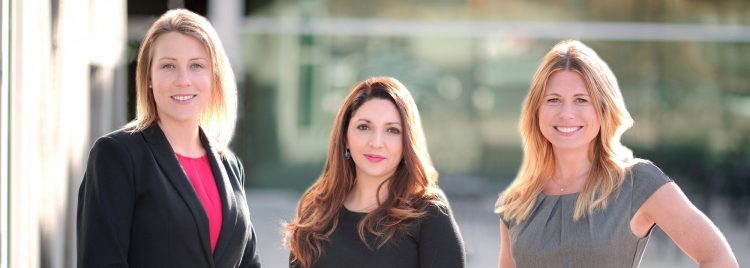Editor’s Note: Applicants often wonder what the Professional MBA Admissions Committee is looking for in the students it admits. Sean Davenport, a program coordinator with the PMBA program, provides some helpful hints and tips to applicants.
One question that I regularly get from prospective students is, “What do you look for in an application?” or “How can I improve my application/resume?” Each person brings something unique to the table. The key is figuring out how to best present yourself to the Admissions Committee, and part of my job is to advise you on how to do that.
1. I want to find evidence that you will be able to handle quantitative coursework. I am looking for reasons that you will be successful in the Professional MBA program. With the core courses being so quantitatively focused, this can be expressed in many different ways. Obviously, what you studied as an undergrad can help. For example, undergrad majors like accounting, finance, economics or engineering do have more quantitatively intensive coursework when compared to other majors. That’s only part of the picture though.
Maybe you earned a non-quantitative degree, but have worked as a financial analyst for the past six years, passing tests like your Series 7 and Series 66. Or you performed well on the quantitative portion of the GMAT (more on that later). If you are concerned that your undergraduate coursework may be holding your application back, do not fret! It is only one piece of the puzzle for us.
2. One component that can really boost your application is your GMAT test score. I understand that standardized tests are not really anyone’s cup of tea, but there are a lot of reasons why we like to see someone take the GMAT. A good GMAT score is another piece of evidence that shows you will be successful. For example, say it’s been a long time since you were in school and your GPA was only so-so. Perhaps you’ve matured since your undergraduate years and are ready to take the next step in your career. The GMAT is an excellent way to show that you’ve changed your approach to academics.
Studying for the GMAT helps prepare you for what studying for a graduate-level class might be like. If you don’t have time to study for the GMAT, you’re probably not going to have time to study for your MBA classes. The test isn’t meant to be easy, and graduate school is definitely no cakewalk.
3. Naturally, in a Professional MBA program, your work history plays a big part in the application. Remember, this is a part-time program designed for working professionals, so your full-time work experience is a big piece that we take into account. Seeing a career progress on an upward trajectory, whether by promotion and/or increased responsibility, is also a huge positive.
Also, it is nice for us to know if you worked full-time while finishing your undergraduate degree. Perhaps it took you six or seven years to finish your undergrad — we consider the fact that you worked full-time during those years. We see more “non-traditional” students every year, and many of them went to school part-time while working full-time.
4. Use your interview time wisely. We bring each of our applicants in for an interview to get a more in-depth look at you, the applicant. This is the time for you to ask in-depth questions about the program, further explain your resume, transcripts, GMAT prep, etc. Remember, we want to present you in the best way possible to the admissions committee. Every part of your application tells a different piece of your story, and the interview really helps us learn about you and what you bring to the table.
How are you going to thrive in the program? That’s what I’m looking for in an application. The more evidence you show me through your undergrad career, GMAT score and professional career, the better your application looks. My goal is to present you in the best light possible for the admissions committee; I am on your side and I want to see you succeed. If you have questions about the program or application process, please contact me at 801-581-6836 or at pmba@utah.edu.
To begin your Professional MBA online application for Fall 2016, click here.

